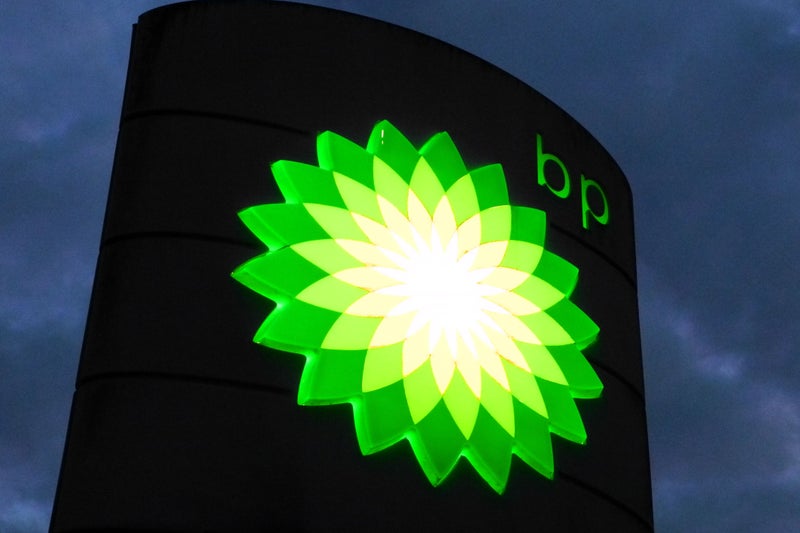BP previously committed to cut oil and gas production by 40 per cent by 2030. BP is set to slash its renewable energy investments to focus on increasing oil and gas production, according to new reports. Competitors like Shell and Norwegian company Equinor have already cut back their own green energy investment plans, as US President Donald Trump’s “drill baby drill” ethos has placed a renewed focus on fossil fuel and a move away from low carbon projects.
The multinational energy giant will outline its strategy on Wednesday following pressure from investors unhappy that its profits and share price have been lower than its rivals. BP’s decision will come as they set some of the most ambitious targets among large oil companies to cut their oil and gas production by 40 per cent by 2030 in order to invest in green energy. But in 2023, the company lowered this reduction target to 25 per cent.
It is now expected to abandon these targets altogether while confirming cuts to renewable energy investments by over half in what chief executive Murray Auchincloss called a "fundamental reset", according to the BBC. The company’s net income fell to $8.9bn (£7.2bn) last year, down from $13.8bn in 2023.
BP is under pressure to perform, especially as influential group Elliott Management has built a stake of nearly five per cent to push for investment in oil and gas. Since 2020, when the ambitious energy targets were set in stone, BP has underperformed with shareholders receiving total returns including dividends of 36 per cent over the last five years.
Meanwhile, shareholders of Shell and ExxonMobil saw returns of 82 per cent and 160 per cent respectively. Already, shareholders and environmental groups have shared their concerns over increasing production of fossil fuels. Greenpeace UK warned that BP could expect further “pushback and challenge at every turn if it doubles down on fossil fuels - not just from green campaigners but from its own shareholders”.
Last week, a group of 48 investors called on BP to allow them a vote on any potential plans distancing themselves from the renewable energy commitments they had made. A spokesperson for one of the signatories, Royal London Asset Management, said: "As long-term shareholders, we recognise BP's past efforts toward energy transition but remain concerned about the company's continued investment in fossil fuel expansion.".
Within days of returning to office, President Trump signed a number of executive orders to encourage oil and gas industries. He declared an “energy emergency” under the National Emergencies Act to prioritise fossil fuel production and energy distribution and exited the Paris Agreement, a commitment made by world leaders in 2015 to curb global warming.






























